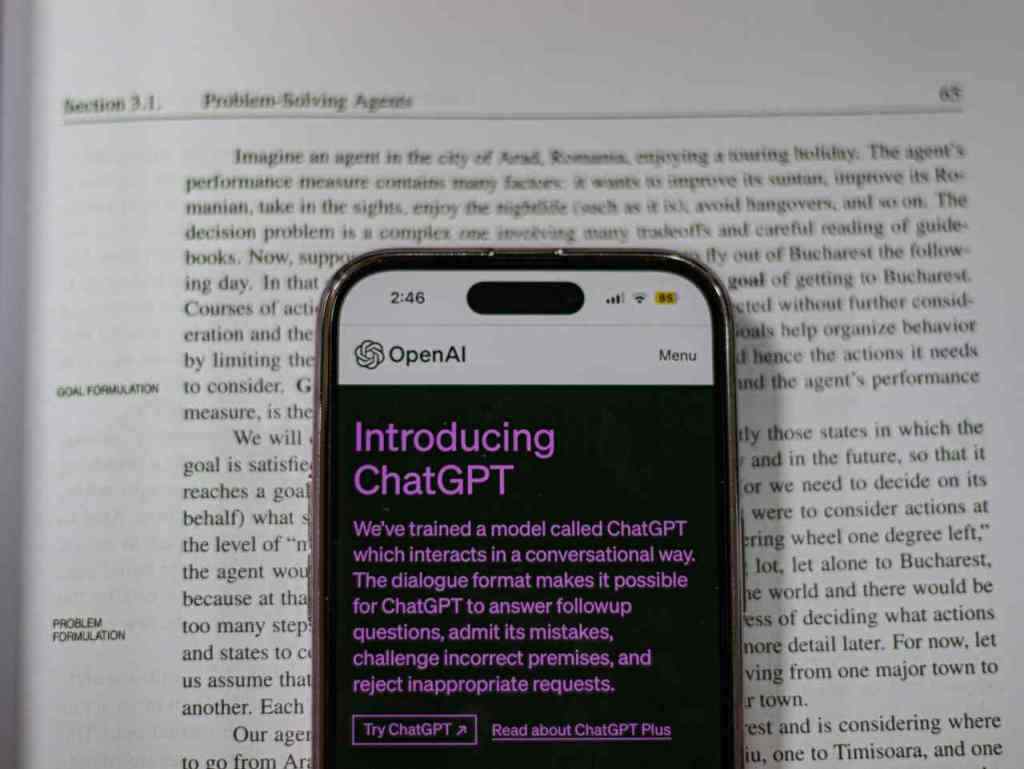ChatGPT Faces Multiple Outages, Causing Disruption for Millions
Well, folks, it seems even our AI overlords need their coffee breaks. ChatGPT, the wildly popular AI chatbot, experienced not one, but two major outages on June 4th, , leaving millions of users worldwide in a state of digital bewilderment. Imagine the collective groan heard ’round the internet as folks realized their AI writing buddy was taking an unexpected siesta.
Outage Timeline and Impact
It all started in the wee hours of the morning, Pacific Time, because apparently, even AI can’t escape the dreaded Pacific Standard Time curse. Here’s a quick rundown of the day’s tech drama:
- June :
- AM PDT: First outage reported. The internet collectively holds its breath.
- AM PDT: OpenAI, the brains behind ChatGPT, manages to wrangle the rogue AI back online. Crisis averted… for now.
- AM PDT: Plot twist! ChatGPT goes down again. OpenAI scrambles to figure out what’s going on, probably while frantically refreshing their server status dashboard.
- AM PDT: After what felt like an eternity (or at least an extended lunch break), OpenAI declares all systems operational. ChatGPT is back, baby!
Naturally, OpenAI issued a statement confirming the outage, which, let’s be honest, was about as surprising as the sun rising in the east. They admitted that a “major outage” had impacted all ChatGPT users and services, except for the platform.openai.com website and the API. The outage lasted from PM GMT to PM GMT on June th. As for the reason behind this digital meltdown? Your guess is as good as ours. OpenAI remained tight-lipped on the specifics, leaving many users wondering if it was a case of too many prompts or maybe just a rogue line of code.
Global Impact
As you might imagine, an AI outage of this magnitude didn’t exactly go unnoticed. Users from all corners of the globe, particularly those in early Pacific Time zones, reported service disruptions. Social media platforms, especially X (you know, the one formerly known as Twitter) and the ever-buzzing Threads, lit up with a mixture of frustrated complaints and, of course, the obligatory memes. Because what’s an internet outage without a healthy dose of humor, right?

ChatGPT’s User Base and Recent Outages
Let’s be real, ChatGPT has become the Beyoncé of the AI world – everyone knows its name. With over million weekly active users, this chatbot is kind of a big deal. But even Queen Bey has her off days, and it seems ChatGPT is no exception. The June outages weren’t just a one-time blip on the radar. In fact, ChatGPT had experienced several mini-meltdowns in the preceding month. Remember that whole Bing API outage a while back? Yeah, that threw ChatGPT’s web results functionality into a tailspin. Talk about a case of the Mondays!
Potential Implications and Questions
These repeated outages, while frustrating for us mere mortals who’ve become weirdly dependent on AI to write limericks or settle dinner debates, raise some serious questions about the reliability of these widely used AI services. It’s like finding out your self-driving car sometimes forgets how to make right turns – a tad unnerving, to say the least.
OpenAI’s lack of transparency regarding the cause of the outage also adds fuel to the fire. Sure, they acknowledged the issue (they kinda had to), but the lack of a detailed explanation left many users feeling left in the dark. It’s giving some folks that whole “man behind the curtain” vibe, and not in a good way.
Then there’s the impact on productivity. In a world increasingly reliant on AI tools for a gazillion tasks, from writing emails to generating code, an outage can feel like a sudden loss of a limb (hopefully not literally). Businesses and individuals who’ve integrated ChatGPT into their workflows were left scrambling, forced to remember how they functioned pre-AI. *Gasp*, the horror!
So, what’s next? Will OpenAI step up and address these concerns? Will they invest in enough industrial-strength coffee to keep ChatGPT running smoothly? Only time will tell. But one thing’s for sure, the June outages have sparked a conversation about the potential vulnerabilities of our increasingly AI-driven world.
The Future of AI Reliability
The recent ChatGPT outages serve as a stark reminder that even the most sophisticated AI systems are not immune to the occasional hiccup. It’s like realizing that even robots dream of electric sheep (or maybe just dream of a stable internet connection). As AI becomes increasingly integrated into our lives, the stakes for reliability become even higher.
So, what can we expect moving forward? Well, for starters, OpenAI and other AI developers will need to prioritize robust infrastructure and redundancy measures. Think of it as building an AI safety net, just in case the digital trapeze artist decides to take an unexpected tumble.
Transparency and communication will also be key. Users need to be kept in the loop about outages, and more importantly, the reasons behind them. Nobody likes being left in the dark, especially when it comes to technology we rely on. Clear, timely communication can go a long way in building trust and preventing a full-blown internet meltdown the next time ChatGPT decides to take a power nap.
Embracing the Evolving AI Landscape
As we navigate this brave new world of AI, it’s important to remember that hiccups are bound to happen. Technology, even the super-smart kind, isn’t perfect (yet). But that doesn’t mean we should abandon ship and retreat to our pre-internet caves just yet.
Instead, let’s embrace the evolving AI landscape with a healthy dose of realism and a dash of humor. Let’s acknowledge both the incredible potential and the occasional growing pains that come with integrating this powerful technology into our lives. And hey, maybe we can even teach ChatGPT a thing or two about the importance of a good uptime guarantee. After all, even AI overlords need to answer to someone.
